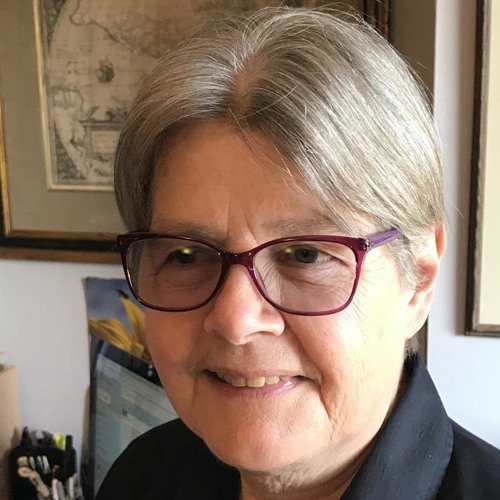Shifting Power Dynamics: Ukraine, Russia, & U.S.-China Relations in a Multipolar World
International webinar (via Zoom)
Tuesday 27 June 2023, 9:00–10:30am AEST (Australia)
Monday 26 June 2023, 7:00–8:30pm EDT (US)
While the Biden administration tends to perceive the world as being divided between two great power blocs, with the U.S. and its allies on one side and a nefarious alliance of China, Russia, Iran, and North Korea on the other, most of the world sees a more complex picture, with multiple centers of power and complex, fluid arrangements among the major players. This is evident in the world's response to the war in Ukraine.
The Ukraine War has crystalized forces that have been building for years, crystalizing a new multipolar world. While many in Washington believe that the entire world, minus those four bad actors, supports Western-backed efforts to ensure a decisive Ukrainian victory over Russia, most Global South leaders have avoided taking sides in the war and prefer an early negotiated settlement. What they see emerging is a multipolar world, in which the U.S., the EU, China, Russia, India, and other countries exercise significant global power and influence, along with regional powers like Turkey, Brazil, Indonesia, and South Africa. In this new era, addressing global problems like climate change, pandemics, and major wars like that in Ukraine will require coordination and cooperation among several of these power centers, not just two.
Questions to be addressed by our distinguished panelists Helena Cobban, Michael Klare and Professor Joseph Camilleri include:
What does the emerging, multipolar world order look like?
How will its emergence affect the outcome of the war in Ukraine?
How will it affect U.S.-China relations and other global stresses?
Featuring special guests
Michael Klare
Michael Klare has been a peace educator and researcher since the Vietnam War era and serves as the Five College Professor of Peace and World Security Studies, a joint appointment at Amherst, Hampshire, Mount Holyoke and Smith Colleges, and the University of Massachusetts, Amherst. He serves as a Senior Visiting Fellow at the Arms Control Association, where he studies the weaponization of emerging technologies. Michael is a defense correspondent of The Nation magazine and the author of several books, including Resource Wars, Blood and Oil, and Rising Powers, Shrinking Planet (2008).
Helena Cobban
Helena Cobban is a British-American writer and researcher on international relations, with special interests in the Middle East, the international system, and transitional justice. She is a non-resident Senior fellow at the Washington DC-based Center for International Policy. She is the author of seven books on current international affairs, four of them focusing on the Middle East. She contributed a regular column on global issues to The Christian Science Monitor and is a Contributing Editor of Boston Review.
Professor Joseph Camilleri
Joseph Camilleri of La Trobe University is one of Australia's leading International Relations scholars. He has pursued a wide range of research interests, including regional and global governance, the political economy of Asia-Pacific, the role of religion and culture in international affairs, the politics of oil and the Middle East, and security policy (including weapons non-proliferation). He is a Member of the Advisory Board of the Scholarly Journal Global Governance, and a Member of the Advisory Council of the Toda Institute for Peace and Global Policy Research.
This event is co-sponsored by The Committee for a Sane U.S.-China Policy, The Campaign for Peace, Disarmament & Common Security, Massachusetts Peace Action and Saving Humanity and Planet Earth (SHAPE).




